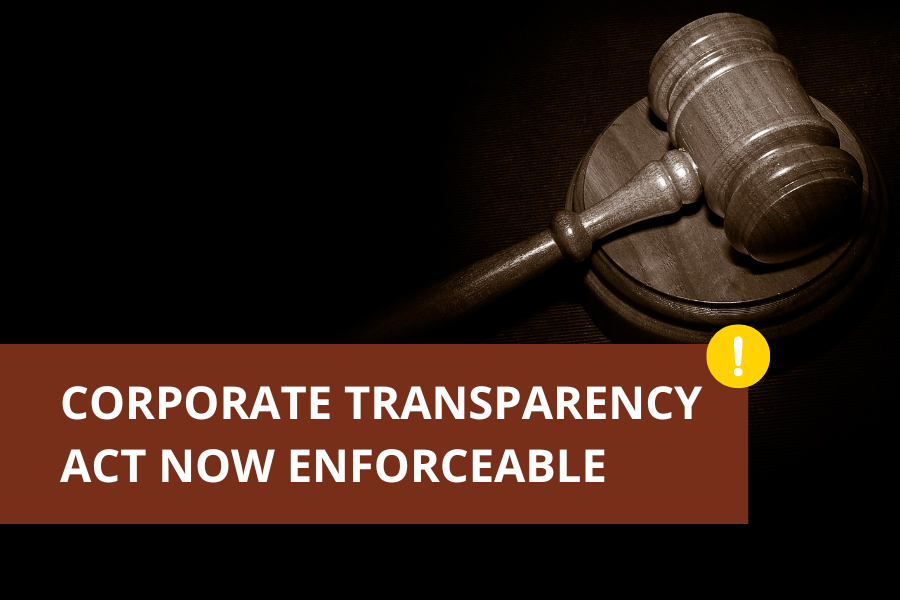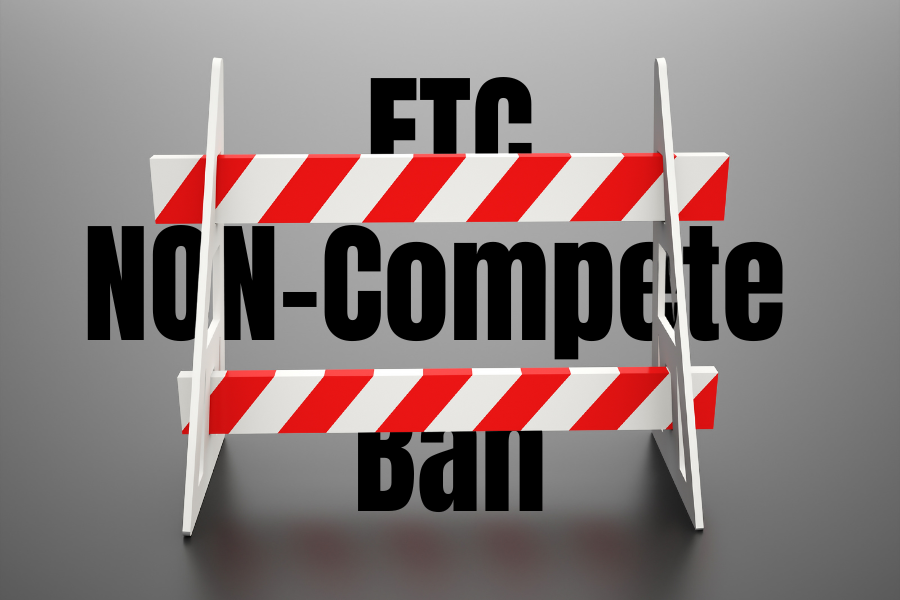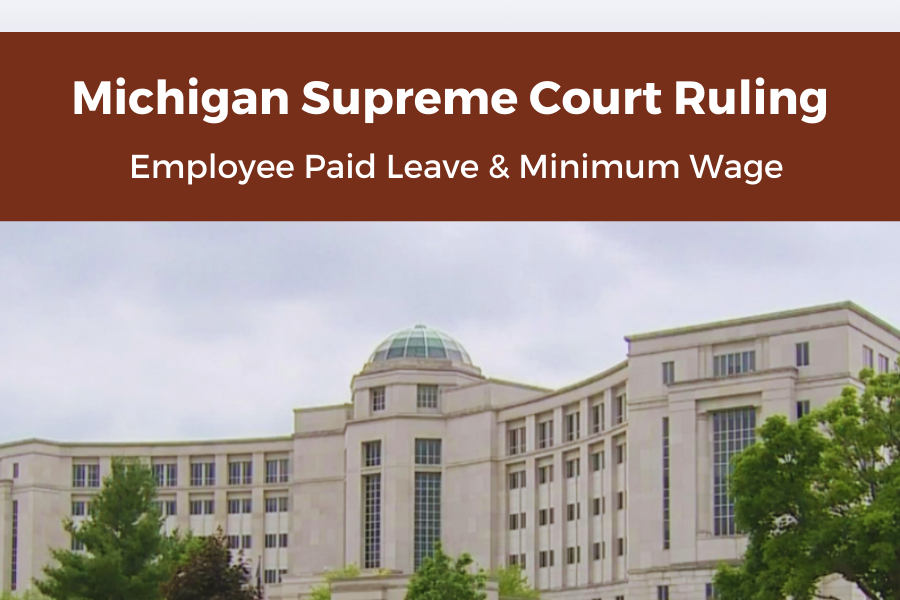By Stephen Hilger, Esq.
This is part 1 of a 15-part series on the changes to the AIA A201 General Conditions. This part deals with section 1.1.8.
In the 2017 changes, particularly section 1.1.8, there are some additions to the Initial Decision Maker clause. The additions are as follows:

Section 1.1.8 is not new, nor is the concept. This language mirrors existing obligations of an Architect under B101. The Architect has also had a long-standing obligation to review claims long before the IDM concept evolved. What is added, or rather repeated, is the noble concept that an architect can exercise complete neutrality in the face of its own potential liability or responsibility. It is unclear why the drafters would want to repeat the language of this altruistic behavioral requirement here.
In my humble opinion, the Initial Decision Maker process is not a good idea. It usually ends up, by default, being the Architect under section 15.2.1 because parties generally do not change the language to select an independent third-party. That places the Architect, as the Initial Decision Maker, in the unenviable position of having to exercise control over the outcome of the dispute.
This scenario was attempted to be worked out by the language that “the Initial Decision Maker shall not show partiality to the Owner or Contractor…” but that does not fix the problem of partiality created by human nature and also makes enforcement impracticable.
In addition, the second clause of the change provides that the Initial Decision Maker “…shall not be liable for the results or for the interpretations or decisions rendered in good faith.” If the Architect assumes the role of IDM, there is no reason why the Architect should be shielded from responsibility for the exercise of that role. There is also a question of whether this second clause is enforceable. In many jurisdictions, you cannot release yourself from liability for negligence in advance. Nevertheless, based upon the similarity of this language elsewhere, this clause is probably going to be enforced in all other respects.
My general position is to strike everything in the AIA A201 General Conditions that has anything to do with the Initial Decision Maker process.
Attorney Stephen Hilger is engaged in complex commercial litigation with an emphasis on construction law, has tried many cases in multiple state courts, and has appeared in several state courts of appeal, the Michigan Supreme Court, United States District Courts, United States District Courts of Appeal, the United States Supreme Court on cert, and multiple arbitration tribunals across the country.
For Part 2 of this series on changes to the 2017 AIA A201 General Conditions, click here.










